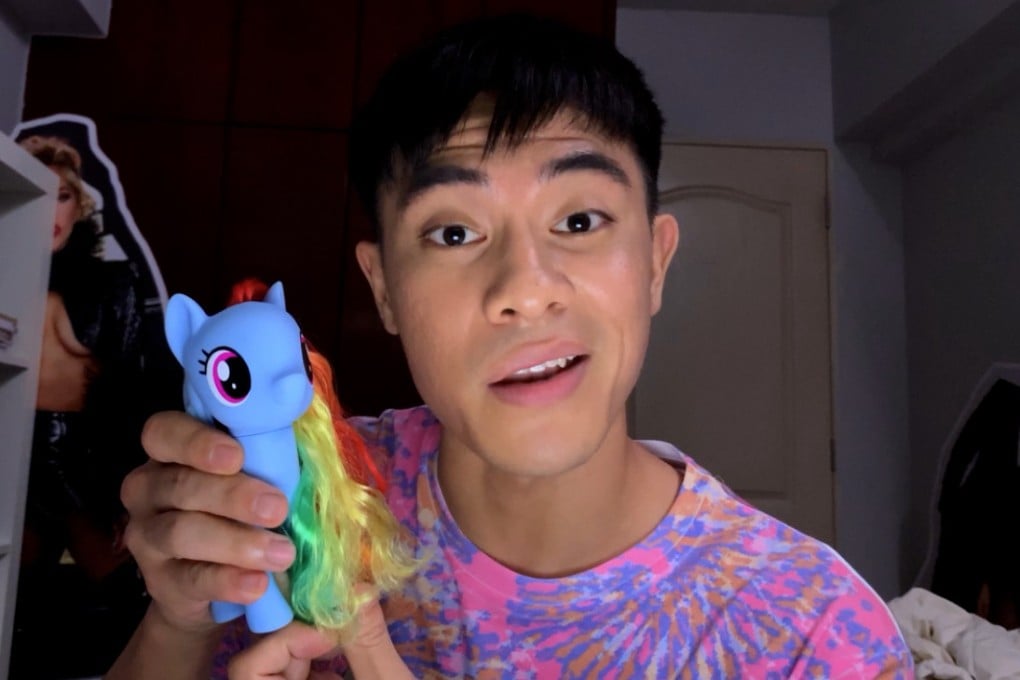Singapore’s LGBTQ attitudes and religious dogma fuel new film #LookAtMe – director and stars on creating the tragicomedy
- Premiering at July’s New York Asian Film Festival, #LookAtMe follows a wannabe YouTube star who ends up in jail after standing up against homophobia
- Writer and director Ken Kwek says the film’s most radical statement is that its main gay character does not go through any shame in coming out to his family

When #LookAtMe was written in 2015, it felt like a work of satire, according to Ken Kwek, the film’s writer and director.
“Since then, global events, including the rise of authoritarianism and the devolution of online culture wars, have informed its mutation into a tragicomedy,” the Singaporean wrote in his statement that accompanied the film’s premiere at July’s New York Asian Film Festival (NYAFF).
“Though inspired by Singapore, it’s a film which I know will resonate in any society where the norms of democracy are daily being contested.”
The reception for #LookAtMe at Manhattan’s Lincoln Centre was visceral and vocal, with the audience experiencing a roller coaster of emotions as the protagonists took on homophobia in Singapore and on the internet.
The film begins with burgeoning YouTuber Sean Marzuki (played by Yao, the actor formerly known as Thomas Pang, in a stand-out performance), trying to make it big.